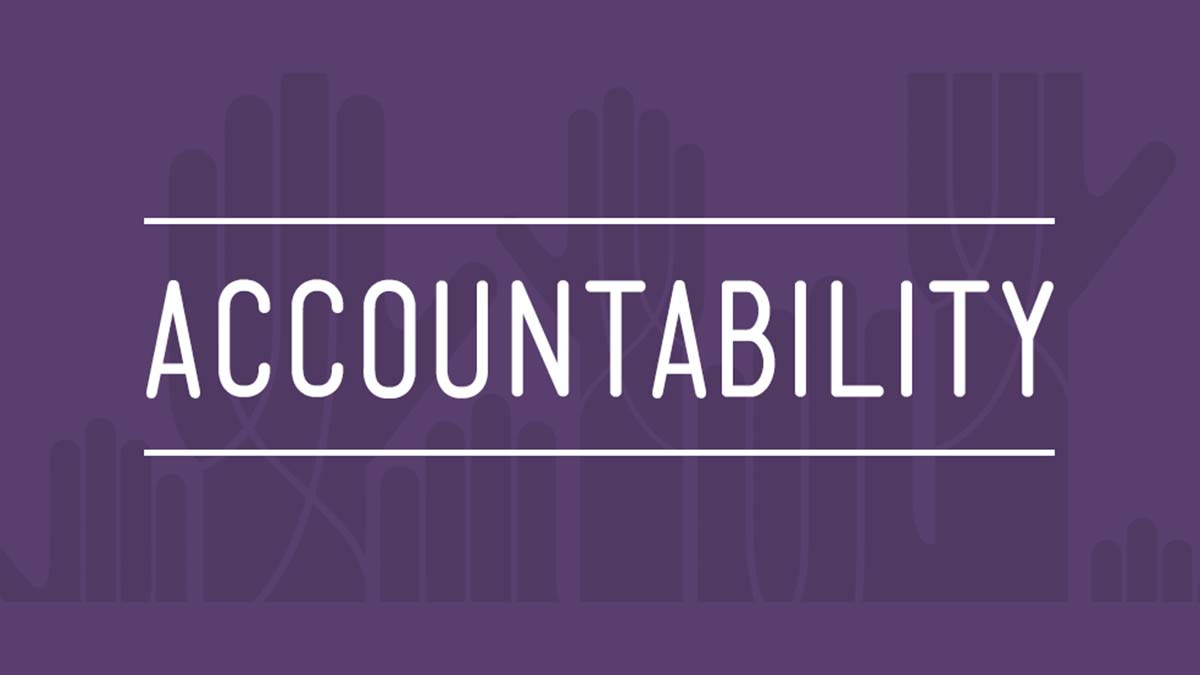The first two pillars of my HEAR leadership philosophy are Honesty and Empathy. My next two blogs will cover these in detail. When you take the time to focus on the core, being an exceptional manager is not only a lot more fun, but also can positively impact people’s lives.
A quick overview: Honesty is the ability to call it like you see it, while empathy allows you to deliver your message through the eyes of your team.
Okay, so now you have the basics — and the fact that you are reading this shows that you care! — so let’s review how to lead your teams to continuing success: accountability.Without it, most of your time and your team’s time would be wasted. We all know people who are very hard workers, but just can’t seem to deliver on time (if at all). In the technology industry, we call this “chasing the next shiny object.” I see managers fall into this trap when they do not hold themselves accountable or when they do not set up deliverables that help their team deliver and win.
While most people understand that we need to hold people accountable, the main philosophy and its implementation usually get lost. The foundation to holding people accountable is making sure you take the time to get your team involved when setting up their (SMART) goals and plan. If you enable your team to build their plan (under your leadership and continuous guidance), they will feel empowered to own that plan. And once they own it, they’ll be motivated to achieve their goals and exceed expectations. It also becomes much harder for them to make excuses for not delivering. Deep down inside, everybody wants to be successful, and it’s your job as a leader to create a culture where people feel empowered to get involved, set priorities, point out issues — and come up with solutions.
When helping my team build their goals, I always want to start at the top. It does not make a difference if you are the CEO and have to set the corporate goals, or if you are a manager and create an action plan against the corporate goals. I work with my team and ask them to come up with the plan on what they are going to deliver. They decide this — it’s not delivered from the top in an old “command and control” style.
This is also a great time to make sure we agree on their specific KPIs (Key Performance Indicators), which should be tracked on a regular basis to identify when you are off course. Reviewing those KPIs during employees’ annual or bi-annual performance reviews is also a good way for them (and you) to assess how they are doing, what they can improve, etc. There are many ways to arrive at these KPIs; in general, I want my team to base their goals on our topline revenue growth, profitability, new customers, new products, churn (how long we can keep a customer) and company culture. In my experience, these are the factors that have the biggest impact on the company’s bottom line.
“No plan survives contact with the enemy.”
– Helmut von Moltke
Of course, I’m not implying that you can’t change your plan mid-year — it’s crucial to adapt as new information becomes available. What I’m saying is that failing to plan is definitely planning to fail. To be successful and help your team succeed, you need to not only prioritize the goals you and your team are trying to achieve, but also the many deliverables your team is accountable for. Without a plan, it’s impossible to verify what is urgent and what is just unimportant noise.
When teams understand their priorities, they understand how to allocate their time, focus and deliver. As their manager, helping remove the barriers, answering any questions they might have on a regular basis, and analyzing any new internal or external information that can change how they spend their time will enable you to set them up for success, and hold them accountable to what they have agreed to deliver.
People want to check items off their list, have accomplishments, feel valued and be rewarded. If you do not set up the right methodology to create and deliver on a plan, you are stealing the most important item from your team: self-respect. Achieving (and celebrating) wins against a plan isn’t just for team building and feeling good, it’s an essential tool for keeping your people on the right path. Enable them to deliver on a plan and be held accountable, and you will see your company hit and exceed your goals.




